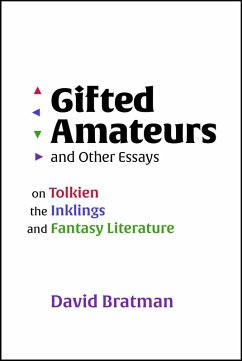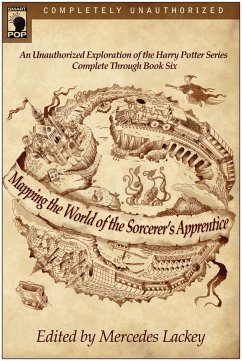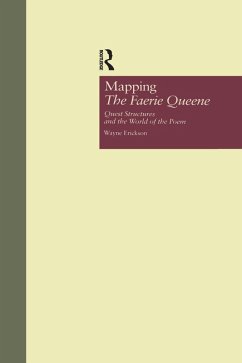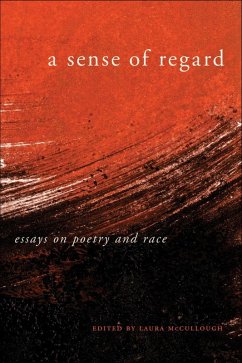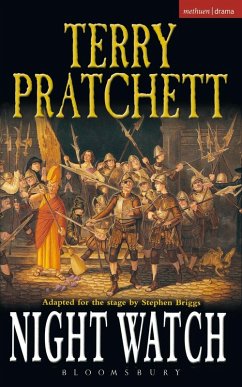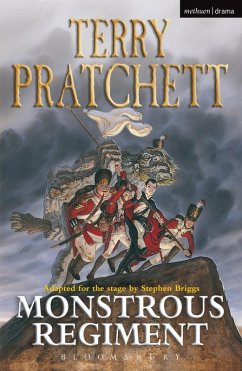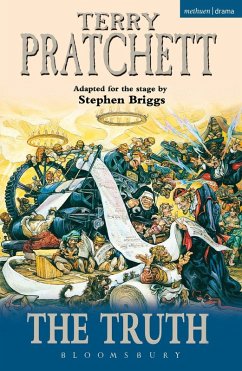
Mapping a Sense of Humor: Narrative and Space in Terry Pratchett's Discworld Novels (eBook, ePUB)

PAYBACK Punkte
0 °P sammeln!
Since the publication of J. R. R. Tolkien's The Lord of the Rings, fantasy fiction authors have used not only literary tales to build intricate secondary worlds, but also maps and lore from classic and contemporary fantasy that pay increased attention to spatial levels of narrative. Acclaimed British writer Sir Terry Pratchett exhibited a critical awareness of such conscious world-making. In his Discworld series of novels, he created both a parody of fantasy akin to Tolkien and a genuine secondary world in its own right. Going beyond mere commercialized mockery to add a seemingly paradoxical t...
Since the publication of J. R. R. Tolkien's The Lord of the Rings, fantasy fiction authors have used not only literary tales to build intricate secondary worlds, but also maps and lore from classic and contemporary fantasy that pay increased attention to spatial levels of narrative. Acclaimed British writer Sir Terry Pratchett exhibited a critical awareness of such conscious world-making. In his Discworld series of novels, he created both a parody of fantasy akin to Tolkien and a genuine secondary world in its own right. Going beyond mere commercialized mockery to add a seemingly paradoxical twist, Pratchett's Discworld constantly reminds readers of its fictionality, providing not merely tongue-in-cheek humor but an assessment of storytelling itself. Focusing on the dichotomies between fiction and reality, between the representation of good and evil in fantasy and beyond, Daniel Lüthi's Mapping a Sense of Humor explores the intrinsic mechanisms at work in Pratchett's secondary world. Lüthi's study offers new perspectives on the self-reflective nature of the Discworld novels that underline the importance-and the challenges as well as pitfalls-of creative imagination. "The playful humor and humane philosophy of Terry Pratchett are here scrutinized through a variety of postmodern critical lenses-but don't let that scare you off. On the one hand, Daniel Lüthi's well-deployed command of theory illuminates the significance of Pratchett and fantasy in general-and on the other, his examples from Pratchett help the reader gain a firmer grasp of theory. If you take Pratchettian parody seriously, you have some fine reading ahead of you in Mapping a Sense of Humor." - Janet Brennan Croft, Editor of Mythlore: A Journal of J. R. R. Tolkien, C. S. Lewis, Charles Williams, and Mythopoeic Literature
Dieser Download kann aus rechtlichen Gründen nur mit Rechnungsadresse in A, B, CY, CZ, D, DK, EW, E, FIN, F, GR, H, IRL, I, LT, L, LR, M, NL, PL, P, R, S, SLO, SK ausgeliefert werden.





